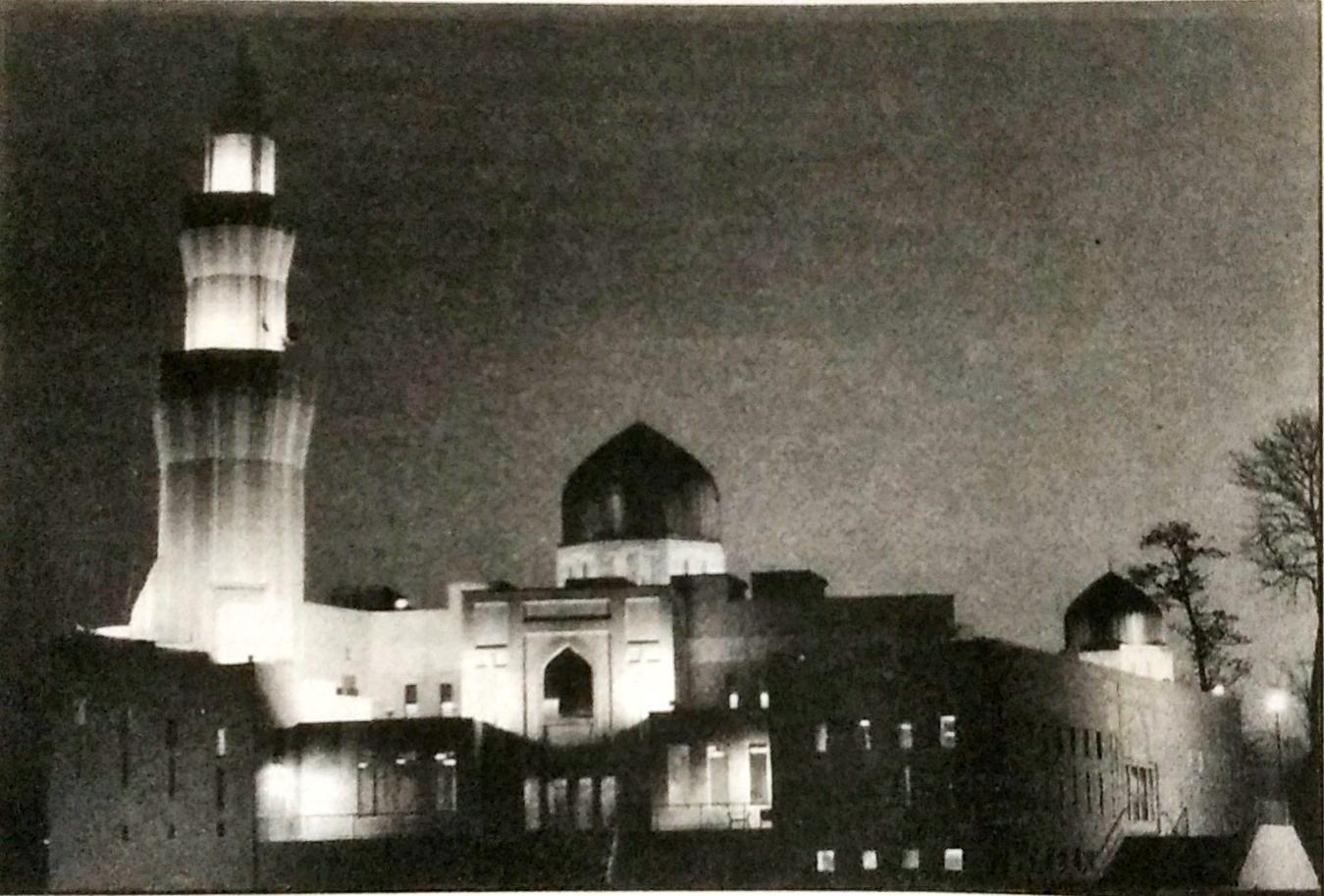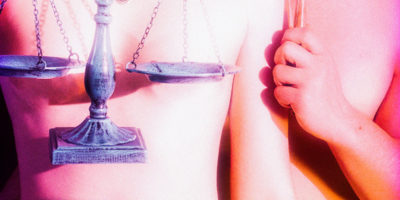By Saleem Khan
“In the month of Ramadan the Qur’an was revealed, a book of guidance with proofs of guidance distinguishing right from wrong. Therefore whoever of you is present in that month let him fast.” – Qur’an 2:184
She rises from her bed, casting off the warm blanket of sleep, switched on a light and begins her day.
In her apartment, like all Muslim true believers at this time of year, she prepares a light breakfast, eats and drinks with an awareness of the time she has left before the sky lightens. When the lightening begins she finishes her meal then does her wudu — a centuries-old ritual ablution specified in the Qur’an — in preparation for the Fajr, or morning prayer.
“Eat and drink until you can tell a white thread from a black one in the light of the coming dawn. Then resume the fast until nightfall…” – Qur’an 2:187
Ramadan is the ninth month on the Islamic calendar. In this month, every year, the adult population of the world’s 1.2 billion Muslims dutifully rise in the morning darkness to consume the only food and drink they will have from that moment the pre-dawn glow creeps over the horizon until after sunset. They will also refrain from smoking, having sexual relations or otherwise satisfying their wants and desires during these daylight hours.
“This is the first time I’m fasting,” Afshan Baig says. “I’ve kept most of [the fasts] pretty well. I find it gives me more strength and faith in Islam because so many people are doing it.”
Baig, a Ryerson student, says the most difficult aspect of fasting is that she has to rise earlier than she is used to for her morning prayers. “Getting up early isn’t that bad. Depending on how tired I am after my prayers, I can either go back to sleep for a while or I do some schoolwork.”
Fawad Ul-Hasan has a similar routine. “I’ve been fasting since I was 13 or 14,” he says. “Now I’m more consistent in my fasting and I fast all 30 days of Ramadan.”
Through fasting, the third-year business student says he has learned to appreciate the difficult circumstances other face.
“Normally hunger is looked at as a bad thing, but when you are fasting, it makes you think. It makes you realize what hunger is and how fortunate you are to have food, and how people who don’t have it feel.”
She steps out of her apartment building, inhales the cold morning air and joins the crush of students walking to their first class. Looking at her, none would guess that this day is different from any other.
She knows differently. She is fasting, but even that has changed — daylight hours are fewer at this time of year, making her fast shorter.
The Islamic calendar is calculated on the cycles of the moon. As the days of the Julian Calendar fly past, based on the earth’s rotation around the sun, the two calendars shift in relation to one another. More than a decade ago, Ramadan fell in the summer’s heat, when days were long and thirst was strongly felt. Now, in the Julian month of February when the body devotes its energy to warding off the chills, hunger urges are more intense.
For her, these differences are minor. They are all part of a cycle that allows her to understand what it means to know true hunger and thirst throughout the year. Her fasting has increased her self-control.
It’s not what most others would expect.
Baig says her act of faith has other benefits besides the spiritual.
“I’m here at Ryerson to go to school — to study — and fasting helps me with that,” she says. “A lot of time I’d normally devote to other activities now goes to my schoolwork. Instead of eating lunch, I study. I find I’m more focused.”
This increased awareness is normal for most fasting Muslims, Ul-Hasan says. “Muslims are supposed to go about life as they would normally, as if they weren’t fasting.
We’re supposed to attend our daily duties. For example, you shouldn’t sleep during the day just because you’re fasting.”
Baig and Ul-Hasan both find that hunger, thirst and fatigue are the least of their worries when they are fasting. Problems they face do not come from fasting, but from people who misunderstand what they’re doing and why.
“A lot of my friends aren’t Muslim,” Baig says. When she began fasting, “it was difficult for them to accept. They asked why I was doing this, did I get tired, did I feel weak… a lot of questions of health. I explained to them that it’s an obligation for me to fast because I’m a Muslim.”
She found most friends who supported her decision to fast weren’t Muslim, but were religious in their own faiths.
“People from other religions also fast, but not as much. It makes them more accepting when I fast because they can relate to it better.”
Still, she lost her less religious friends when they scorned her for asserting her identity as a Muslim.
“They asked how I could do this to them, but I wasn’t doing anything to them. I was just making a personal choice. Some said starving yourself was too much, and I explained you don’t starve yourself, but then they’d usually resort to their own negative stereotypes of Muslims.”
Ul-Hasan’s problems arise from the practicality of fasting — or rather eating — in residence.
“Not finding appropriate food for breaking my fast is the main concern,” he says.
“Often, the menu served here is inappropriate for me because almost everything has something in it I can’t eat.”
After speaking with people in food services and suggesting they locate a source of halal (permitted) food for him and other Muslims living in residence, the most realistic solution was to keep him informed of the food’s ingredients.
“The staff are very helpful, and most know what I can and can’t eat.”
Still, Ul-Hasan hopes they can reach a better arrangement next year.
“As a residence student, $900 of my meal plan has to be spent at my residence cafeteria, but because of the limited menu there, I end up spending two time the money because I have to eat out.
“There needs to be an awareness at Ryerson of the religious needs and requirements of all the different faith groups.”












Leave a Reply